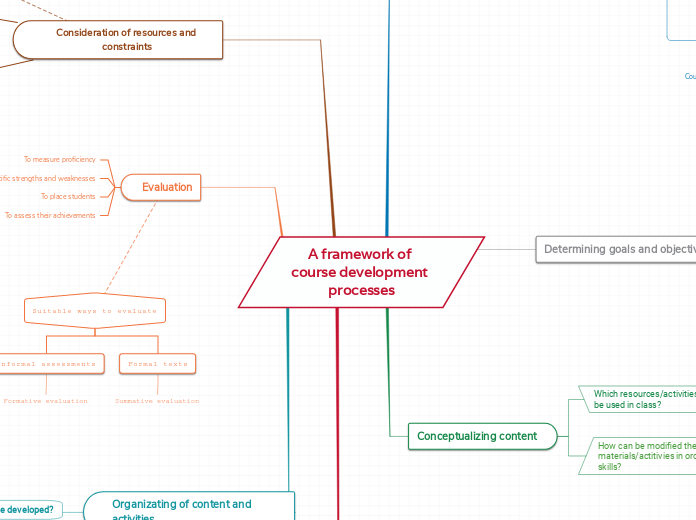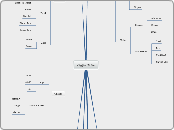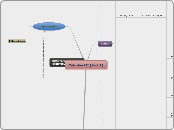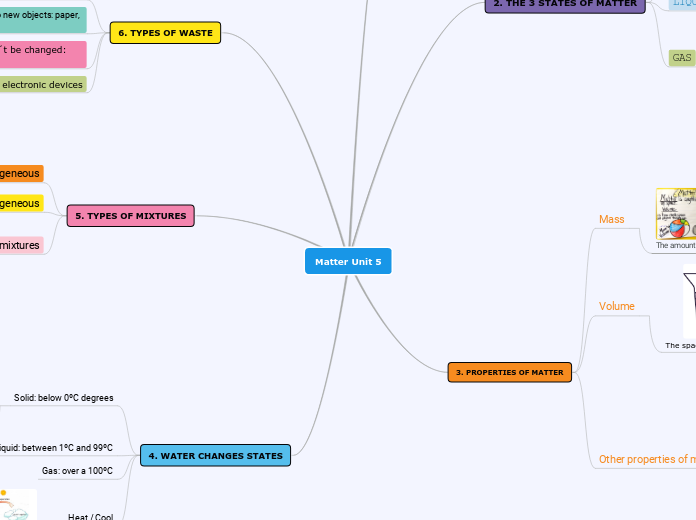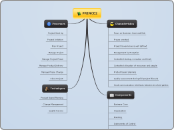TO EVALUATE
Participation roles
Materials
Goals
Students backgrounds
Activities
Objectives
Students needs
Assumptions
Suitable ways to evaluate
Formal texts
Summative evaluation
Informal assessments
Formative evaluation
A framework of course development processes
Selecting and developing materials
Context-dependent
What the teacher and students do with the material/activities?
Objectives setting
Pursue projects of interests
Determine the content
Participate actively
What is the role of
Parents
Institution
Teacher
Students
Organizating of content and activities
What systems will be developed?
Subtema
Recycling
New focus/areas for activities
New challenges to students
Building up
Concrete to open-endent
Simple to context
Evaluation
To assess their achievements
To place students
To diagnose specific strengths and weaknesses
To measure proficiency
Consideration of resources and constraints
Students find the material challening?
Were the goals and objectives appropiate and achievable?
Conceptualizing content
How can be modified the materials/actitivies in order to include all the skills?
What is expected from
Whom to
When to
How to
Which resources/activities/techniques will be used in class?
Pedagogic tasks
Real-world tasks
Determining goals and objectives
What will we have to do in order to achieve the goals (destination)?
Transfer goals
Awareness
Attitude
How to learn
Affective goals
Achieve for the target languages
Confidence as user
Positive attitudes
Feelings
Cognitive goals
Mastery of
Cultural knwoledge
Linguistic knowledge
Proficiency goals
Mastery
the four skills
specific language behaviours
General competency
Needs assessment
Identify needs (Target/Learning)
Group
Languages spoken
Age
Profession
Family
Education
Culture
Country
Individual
Perception of the "learner" -oneself-
How they will use/deal with the target language outside the classroom?
Language proficiency
Speaking
Listening
Writing
Reading
Expectations for the course
Prior experience
Learning style
Preferences
